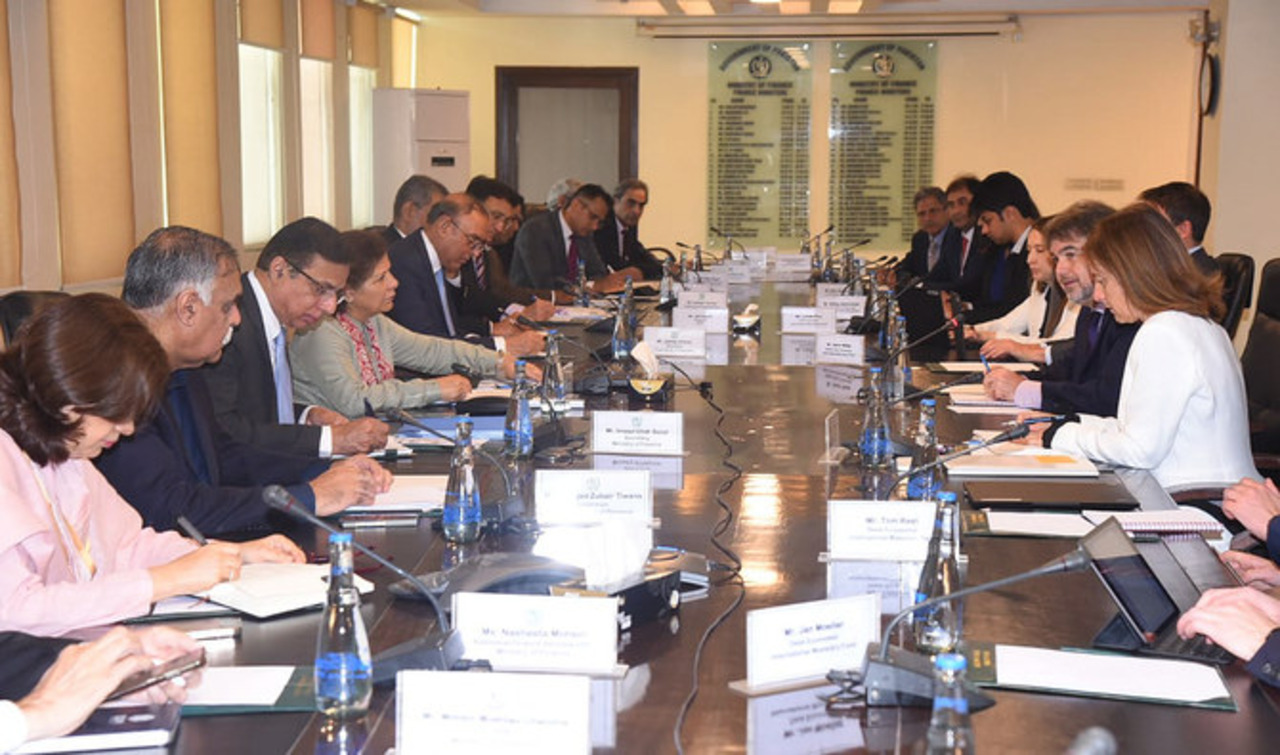Islamabad, July 4th, 2024: Pakistan’s fiscal year 2023-24 has seen significant challenges in securing foreign loans and grants, as reported by the Ministry of Economic Affairs. Despite a target of $17.4 billion, the country managed to receive only $11.7 billion in the first 11 months (July-May), underscoring a shortfall exacerbated by adverse global financial conditions and stringent credit ratings.
The Ministry highlighted that the International Monetary Fund (IMF) and the United Arab Emirates provided substantial support, contributing $3 billion and $1 billion respectively. However, overall foreign economic assistance amounted to approximately 44% of the annual target by the end of May.
A key setback cited was the cancellation of a planned $1.5 billion Eurobond issuance due to unfavorable international interest rates and Pakistan’s diminished credit standing. This compounded the challenge of securing an additional $4.5 billion in foreign commercial loans, which did not materialize during the fiscal year.
The report further detailed that major contributions included $2.66 billion from Saudi Arabia, primarily as a time deposit and oil facility, and significant disbursements from multilateral institutions such as the World Bank, Asian Development Bank (ADB), and Asian Infrastructure Investment Bank (AIIB). These contributions totaled $3.135 billion, reflecting a decrease from the previous fiscal year.
Furthermore, bilateral sources, excluding Saudi Arabia, contributed $889 million, with an additional $1.015 billion flowing in through Naya Pakistan Certificates from overseas Pakistanis.
Looking ahead, the Ministry of Economic Affairs has revised its expectations, targeting approximately $11 billion in foreign economic assistance for the fiscal year, down from the initial $17.62 billion estimate. This adjustment reflects improved debt and trade management strategies amidst a lower-than-expected current account deficit.
Pakistan’s fiscal year 2023-24 underscores the challenges of navigating a complex global financial landscape, where securing foreign assistance remains pivotal amid fluctuating economic conditions.
